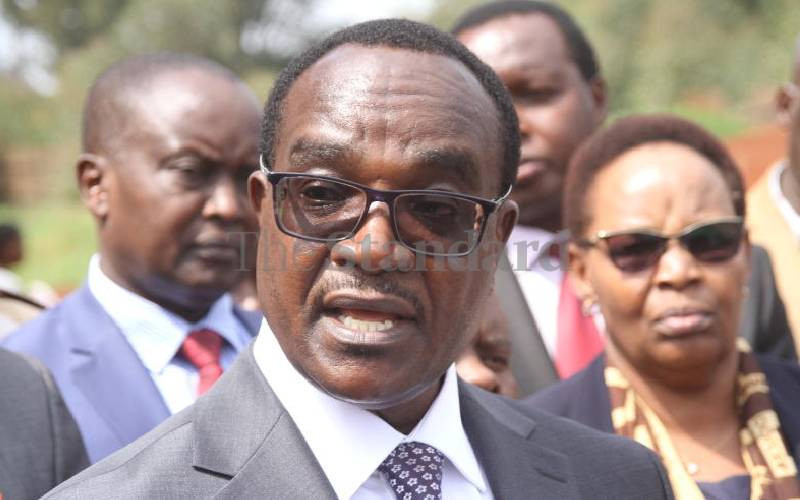×
The Standard e-Paper
Home To Bold Columnists

The government has introduced specialised courts to prosecute cheats to safeguard the integrity of the exam, especially the Kenya Certificate of Secondary Education (KCSE) that starts on Thursday.
The courts are expected to streamline the prosecution process by prioritising cases of academic dishonesty during examination periods, thereby expediting justice and deterring would-be offenders.